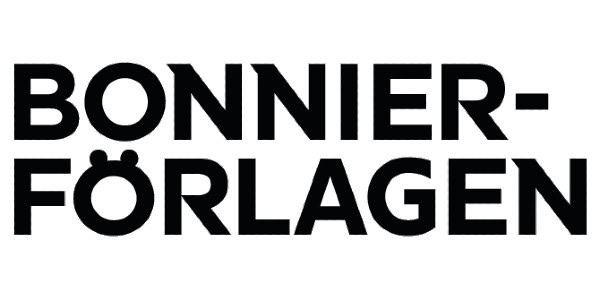
Play-Responsive Teaching : Navigating Semiotic Repertoires and Digital Technologies in Early Childhood Education and Care

| Serie | Gothenburg Studies in Educational Sciences (498) |
|---|---|
| Författare | |
| Förlag | Acta Universitatis Gothoburgensis |
| Genre | Pedagogik |
| Format | Häftad |
| Språk | Engelska |
| Antal sidor | 129 |
| Vikt | 416 gr |
| Utgiven | 2025-02-28 |
| ISBN | 9789179631994 |
This thesis focuses on teaching in ECEC and how it can be responsive to bi-/multilingual children’s semiotic repertoires and support their participation in activities involving digital technologies. It is grounded in PRECEC theory and draws on the literature and principles of design-based research. The empirical data comprises video recordings of digital storytelling activities in which teachers and children use tablets and a story-making application to co-construct stories. The video recordings are analyzed using Interaction Analysis. Additional data, such as interviews with teachers and principals, field notes, photographs of the preschool environments, and screen recordings are generated to provide detailed descriptions of the context and participants. The findings demonstrate that teachers’ responsivity to bi-/multilingual children’s semiotic repertoires involved translanguaging practices that acknowledged and included not only multiple languages but also diverse semiotic means of communication. These practices fostered children’s participation in digital storytelling activities and challenged deficit-oriented perspectives. Furthermore, teachers supported children’s participation in digital storytelling activities by being responsive to and mediating their expressions of agency through various strategies. These included (a) asking opinion-seeking questions, (b) being responsive to children’s alterity, (c) meta-communicating their previous suggestions and reminding them of the storyline they created, (d) accepting diverse interpretations of their drawings, (e) inviting children to test their initiatives, (f) assisting them with the application’s tools, and (g) using questions to stimulate their “what if” thinking. Additionally, teachers’ dynamic use of scaffolding and triggering questions emerged as a key teaching practice supporting children’s participation in digital storytelling activities. This thesis offers practical implications for ECEC teachers’ work regarding multilingualism and the use of digital technologies. It makes empirical and conceptual contributions to the advancement of PRECEC theory and contributes new, empirically grounded insights into theoretical concepts such as responsivity, translanguaging, children’s agency, participation, and social and cultural sustainability.























